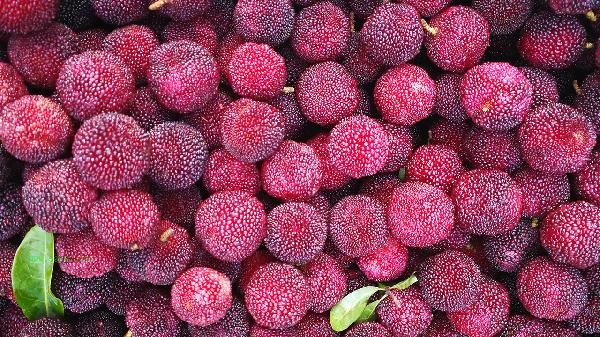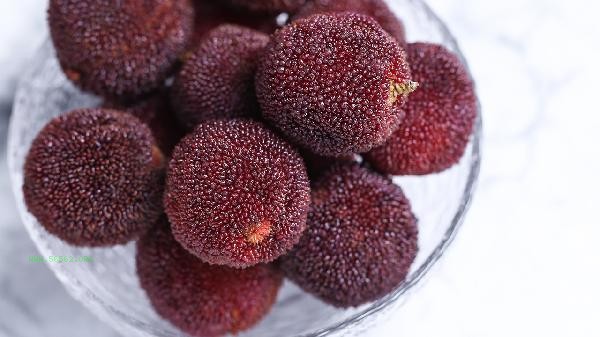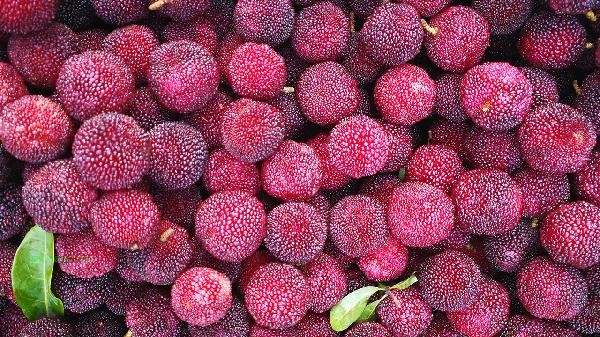Yangmei is not recommended to be soaked in alcohol without washing, as there may be risks of pesticide residues or microbial contamination. Yangmei's surface is prone to dust, insect eggs, and pesticide residues, and direct soaking may affect the quality and health of the wine.

Fresh waxberries have many wrinkles on their skin, which can easily hide dirt and microorganisms. During the picking and transportation process, it may come into contact with pesticides, dust, or insect secretions. Soaking the wine directly without cleaning can cause impurities to dissolve into the wine. Although alcohol has a certain bactericidal effect, it cannot completely decompose pesticide residues or insect eggs, and long-term consumption may cause gastrointestinal discomfort. The traditional method of making wine usually requires soaking Yangmei in light salt water for 10 minutes, then rinsing it clean with running water, and drying the surface moisture before use.

In some cases, if farmers confirm that they have not used pesticides when growing Yangmei and handle it immediately after harvesting, the cleaning steps can be appropriately reduced. However, most commercially available bayberries cannot guarantee an absolutely pollution-free planting environment, and it is recommended to maintain cleaning habits. When cleaning, be careful not to rub the fruit peel to avoid juice loss and affecting the flavor. After washing, it should be thoroughly dried before soaking to prevent raw water from entering and causing the wine to spoil.

It is recommended to use 40-50 degree pure grain Baijiu for brewing bayberry wine, and the container should be sterilized at high temperature. Store in a cool and sealed place for at least 3 months, and shake regularly during this period to promote the dissolution of ingredients. For gastrointestinal sensitive individuals, filter the fruit residue before consumption and control the daily intake within 50 milliliters. Red bayberry wine contains organic acid and sugar. Patients with diabetes and those with excessive stomach acid should use it with caution. If abdominal pain and diarrhea occur after drinking it, it should be stopped immediately.








Comments (1)
Leave a Comment
mys Guest
Jul 13, 2025 3:19 PM